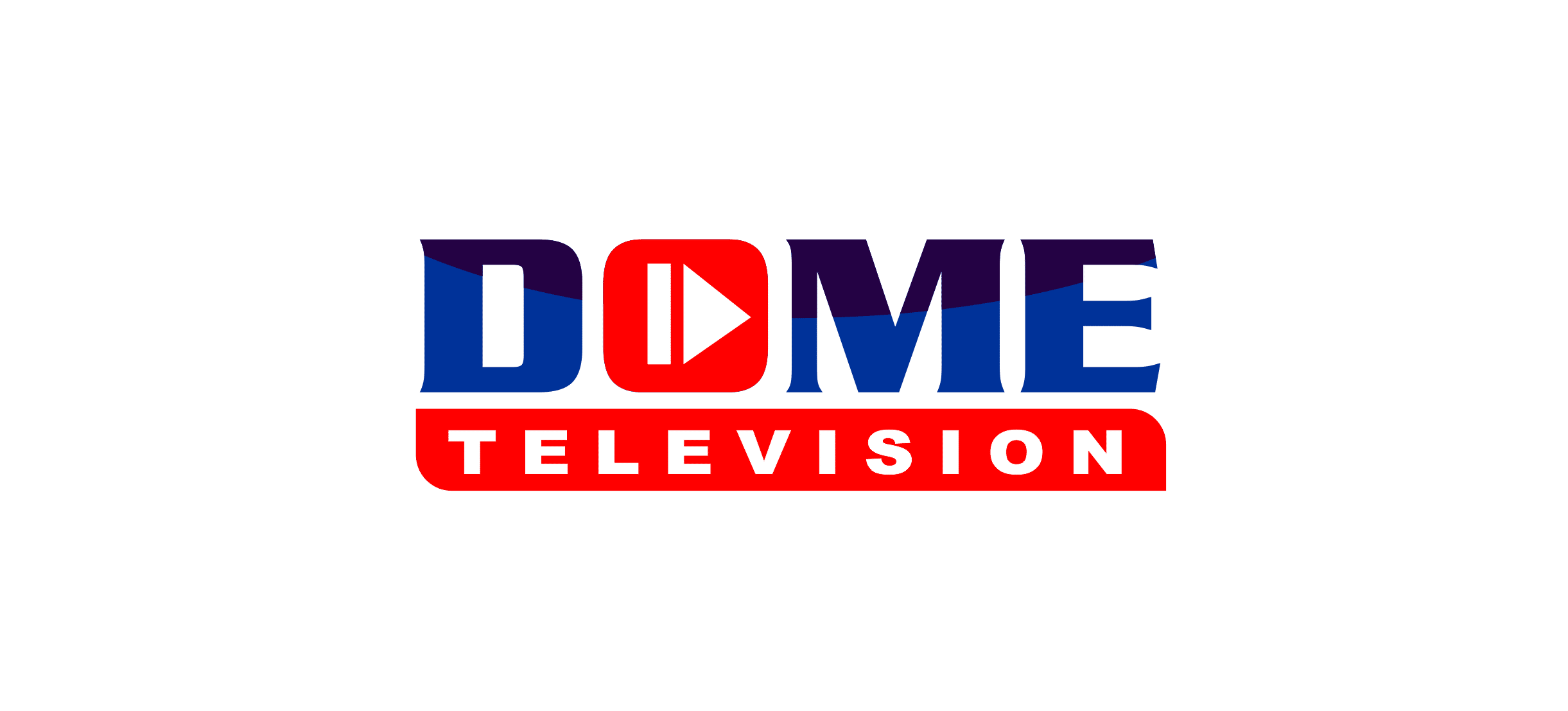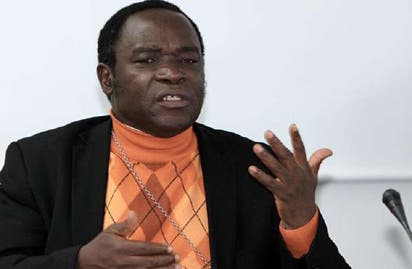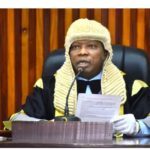|
Getting your Trinity Audio player ready...
|
Catholic Bishop of Sokoto Diocese, Matthew Kukah, has declared that there is no problem between the two major religious groups of the country, the Christians and the Muslims.
Bishop Kukah, who was speaking on TVC News Breakfast show on Monday morning, said that the problem of the country was with leaders irresponsible leaders who used religion as a tool of oppression rather than for liberation.
He said, “There is no problem between Christians and Muslims. There is a problem between irresponsible leaders who don’t want to govern properly; irresponsible Christian religious leaders who have now seen religion as a tool of oppression instead of a tool for liberation.
“This has been the thrust of my argument, because these are two areas of study. With all sense of modesty I have spent a good part of my life studying theology and studying religion and society,” he noted.
The clergyman who was responding to questions on the roles of religion and ethnicity in the politics of Nigeria, explained that the country had failed at building a governance that put the welfare of citizens over anything else.
He said, “If you are watching a football match or any game at all, that’s why there are referees. If the referee does not do what needs to be done and allows supporters to jump onto the field, you can see for yourself that referees are punishing coaches who overreach themselves by stepping even if it is just one inch, into the field. They are punished; sometimes they are taken off the pitch.
“Now, this is really what a state is supposed to be. Because without the state, it will be all of us against each other. And that is why the state is called a leviathan. You put so much power so that the state can protect us. The Nigerian state has proved itself to be incompetent, grossly malfunctioning, unable, and unwilling to commit the welfare of citizens as the principal basis of governance.”
The cleric further asserted that citizens must carry a ‘Nigeria land’ mentality, which presupposes the knowledge of shared interests, adding that the Nigerian system was only about politics, and not science.
The septuagenarian also spoke emphatically about the need to have a country where the rule of law was placed over religious or ethnic sentiments, noting that Nigeria operated as a democracy and not a theocratic government.
He added that the role of religion must be scientifically defined, noting that the lack of definition emboldened leaders to privilege a religion or ethnic group over another.
Kukah said, “The constitution guarantees us freedom of religion and freedom to decide what we don’t want. Religion is an association. I’m free to opt out of an association.
“But if we have these unresolved issues as to the boundaries of the power of the state, how much can be appropriated in the name of religion, then you’re going to have the chaos that we have. And this is why we’ve not been able; we’ve refused to scientifically define and address the role of religion.”



